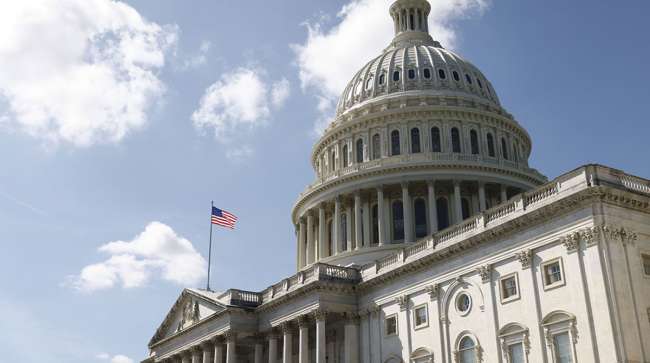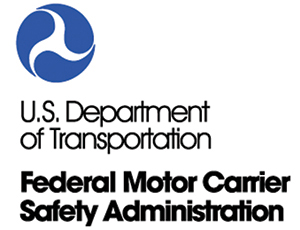Senior Reporter
House Readies Consideration of FY23 Transportation Bill

[Stay on top of transportation news: Get TTNews in your inbox.]
Legislation that would ensure funding for operations at the U.S. Department of Transportation in fiscal 2023 has been cleared for a vote on the floor of the U.S. House of Representatives.
The bill’s likely floor consideration this month follows its recent approval during a committee hearing. A favorable floor vote would advance the transportation funding bill to the U.S. Senate where senators have yet to consider companion bills.
House Democratic leaders said they are aiming to wrap up the fiscal 2023 funding process prior to the congressional August recess. Most of the federal government, including certain operations at USDOT, are backed by funding authority that expires at the end of September.
Tune in now for @AppropsDems final full committee markup for Transportation, and Housing and Urban Development, and Related Agencies and Labor, Health and Human Services, Education, and Related Agencies funding bills: https://t.co/pi0phuEyGb — House Appropriations (@AppropsDems) June 30, 2022
The House Appropriations Committee passed the transportation funding bill on June 30. For operations at the Federal Motor Carrier Safety Administration, the bill would dedicate $367.5 million for safety operations and programs. For the agency’s safety grants division the bill would provide $506.1 million. Those funding levels match President Joe Biden’s request for fiscal 2023.
Additionally, the legislation would provide $61.3 billion for the Federal Highway Administration, $18.7 billion for the Federal Aviation Administration, $17.5 billion for the Federal Transit Administration, $3.8 billion for the Federal Railroad Administration and $1.2 billion for the National Highway Traffic Safety Administration. Overall, the bill would provide $90.9 billion, an increase of $9.9 billion above the enacted level.

On trucking matters, lawmakers included a provision that would deny funding for the enforcement of an electronic logging device rule pertaining to transporters of livestock and insects. Additionally, lawmakers on the committee called on FMCSA to complete an annual hours-of-service safety data analysis and provide an update on the implementation of an apprenticeship program for truck drivers under 21 to operate interstate.
The committee also is asking FMCSA for updates regarding a large truck study and details about its information technology operations.
House appropriations leaders touted the legislation’s aim to tackle climate change and back programs approved in the $1 trillion Infrastructure Investment and Jobs Act.
“With the historic investments included in the 2022 federal spending package and the Infrastructure Investment and Jobs Act, we are improving our roads, bridges and transit systems, but Americans across the country are still living with the consequences of our crumbling transportation infrastructure and aging housing stock,” said Appropriations Committee Chairwoman Rosa DeLauro (D-Conn.). “Our annual duty to the American people to ensure we pay our transportation workers, improve the safety of our roads, and improve housing remains.”
“This year’s [Transportation and Housing and Urban Development] bill builds upon the successes of President Biden’s Infrastructure Investment and Jobs Act, providing critical funding to augment this once-in-a-generation investment,” added Rep. David Price (D-N.C.), chairman of the transportation funding subcommittee.
Want more news? Listen to today's daily briefing above or go here for more info
Republicans on the Appropriations Committee who opposed the bill cited its proposed funding levels. Rep. Mario Diaz-Balart (R-Fla.), ranking member of the transportation subcommittee, argued, “Contrary to the talking points often used by the majority, we cannot address inflation by spending more. While I agree with many of the investments in the bill, it was written under an unrealistic top-line decided unilaterally by the majority.”
“The spending in this bill is excessive, with an overall increase of 12% above last year and a 17% increase for Housing and Urban Development. These exorbitant funds will multiply over future years, threatening the already-skyrocketing inflation and national debt,” Diaz-Balart added. “Every year, this committee shows that we can get our work done once a bipartisan top-line agreement is in place, and this year will be no different.”




